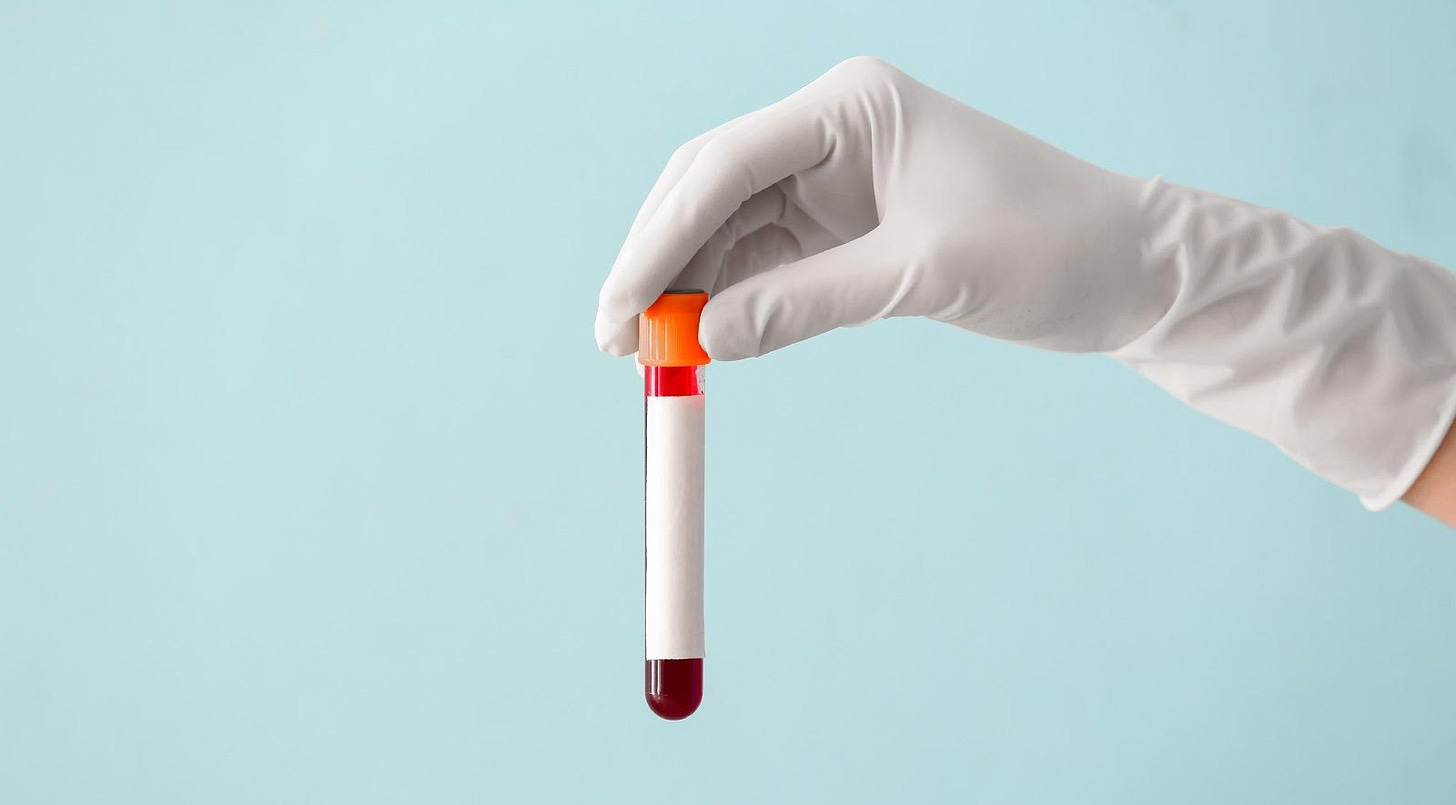The first immortal mammals are set to be created in 2026
An experiment to be carried out next year intends to rejuvenate rats and replicate the results of the most successful rejuvenation experiment ever
A scientific article published in 2023 in Geroscience described what seemed impossible: old rats were turned into young rats. Their epigenetic age was reduced by 67%; their memory and grip strength were restored to youthful levels; and their blood markers were the same as those of young rats. If those results are replicated in similar experiments, rejuvenation would have been invented.
So, a scientific group formed by the Rejuvenation Science Institute (ICR) and the University of Campinas (Unicamp) decided to reproduce that experiment in 2026, but also allowing the rats to live indefinitely if they are rejuvenated, which could lead to the first biologically immortal mammals ever.
What is the treatment to be administered
The original experiment published in 2023 was led by Dr. Harold Katcher, an experienced biologist who had been involved in the discovery of the breast cancer gene in 1994. In the rejuvenation experiment, Dr. Katcher isolated the extracellular particles (including the exosomes) from the blood of young pigs and injected a large amount of those "signals of youth" into old rats. Two doses were administered to the rats, separated by three months.
In the reproduction of that experiment, to be carried out in 2026 by the ICR and Unicamp, the material to be injected will be the same, but there will be one difference regarding the test animals: besides old rats, young rats will also receive the treatment, to assess if besides rejuvenating old animals, it's possible to keep the young young.
Why young exosomes rejuvenate
Exosomes — or more precisely small extracellular vesicles — are nano-sized packets that transport signals between cells. When they come from young tissues, they transmit youthful signalling to the cells of the body. Evidence of this mechanism has been supported by several recent scientific articles, indicating that aging is controlled by signals in the bloodstream that coordinate the behavior of the cells. And the way this signaling controls aging is through epigenetics, not genetics.
This means it's not necessary to change the genes to rejuvenate, only the epigenetics, using youth signaling.
Who will carry out the experiment in 2026
The Rats Rejuvenation Experiment will be carried out by the Rejuvenation Science Institute (ICR) and the University of Campinas (Unicamp). The ICR is a non-profit research institute based in Brazil founded by two long-date rejuvenation activists, Nicolás Cherñavsky and Nina Torres Zanvettor. Before founding the ICR, they published 10 books about rejuvenation science through their publisher NTZ, among other initiatives in the rejuvenation field. Unicamp is one of the leading universities in Latin America, and the scientist representing Unicamp in the experiment is Professor Marcelo Mori, a world-class exponent of aging science. Together, they intend to clarify once and for all whether rejuvenation was invented or not.
In 2024, the ICR and Unicamp already carried out a safety study in which they injected this same treatment into young rats to assess possible acute toxicity and/or immunogenicity. In this study, no such problems were observed in the treated rats compared to the control rats.
How you can help: it's a crowdfunding experiment
The total cost of the Rats Rejuvenation Experiment is US$ 75,000, and around 70% of this amount was already raised through a crowdfunding campaign carried out by the ICR. It's important to take into account that all the methods, materials and results will be immediately published. It's possible to donate to the campaign through the ICR campaign webpage. Relevant institutions in the field, such as DoNotAge.org and Heales, have already contributed significantly to the crowdfunding.
The experiment will last from June to November of 2026, when it will be verified if the animals are rejuvenated. If rejuvenation occurs, a Longevity Experiment will be carried out to assess if the rats can live forever young with the treatment being administered every 3 months. And if these animals become immortal, the world will change forever.


